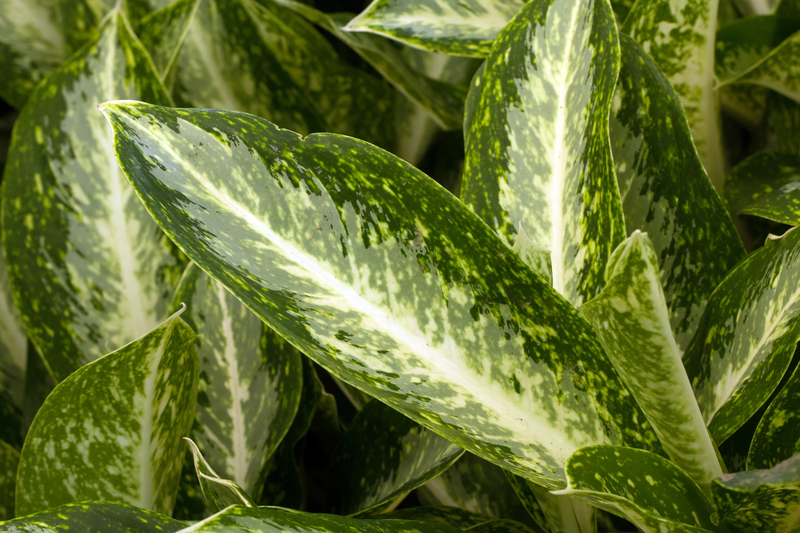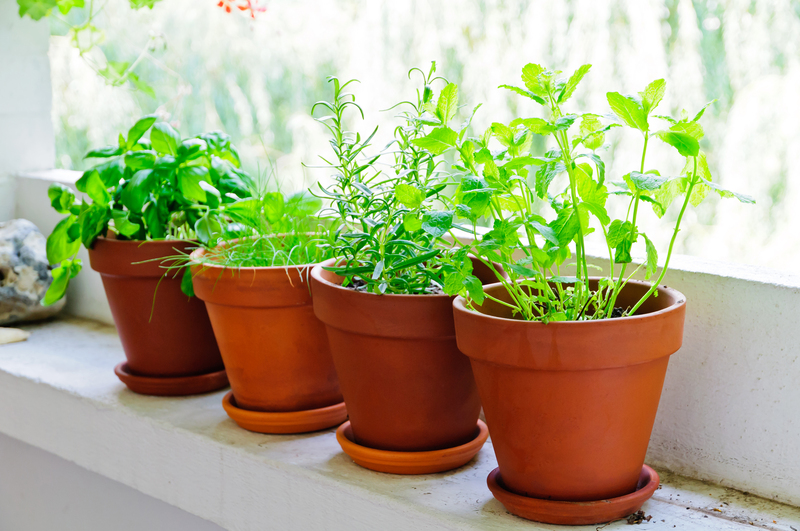Lawn Secrets: Beginner's Guide to Perfection
Posted on 19/07/2024
Your journey to a perfect lawn starts with understanding the type of grass you have and your local climate. Different grasses thrive in different environments. Warm-season grasses like Bermuda and Zoysia prefer hot climates, while cool-season grasses like Kentucky Bluegrass and Fescue thrive in cooler areas.
Knowing your soil type and pH level is crucial. Perform a soil test to determine this information. Soil that's too acidic or too alkaline can be adjusted with the right amendments, ensuring optimal grass growth.
Essential Lawn Care Practices
Once you understand your lawn, you can focus on essential care practices. Mowing, watering, and fertilizing correctly is key.
Mow your lawn at the right height for your grass type. For example, Bermuda grass should be mowed to 1-1.5 inches, while Kentucky Bluegrass needs to be around 2-2.5 inches. Regular mowing encourages thicker growth.
Watering deeply and infrequently promotes deep root growth. Aim to give your lawn about 1 inch of water per week, preferably in the early morning to reduce evaporation and fungal growth.
Fertilizing provides necessary nutrients. Use a balanced fertilizer and be mindful of the timing; cool-season grasses typically need fertilizing in early spring and fall, while warm-season grasses benefit most during late spring and summer.

Combatting Weeds and Pests
Weeds and pests can quickly ruin a beautiful lawn. To keep them at bay, apply pre-emergent herbicides in early spring to prevent weed seeds from germinating. Target established weeds with post-emergent herbicides or hand-pull them.
Pests like grubs and chinch bugs can damage your lawn. Natural options like nematodes can help control these pests. Regularly inspect your lawn for signs of pests and take action at the first sign of trouble.
Aeration and Overseeding
Over time, soil can become compacted, making it difficult for grass roots to grow. Aeration, the process of removing small plugs of soil, helps alleviate compaction and improves air, water, and nutrient penetration.
Overseeding involves spreading grass seed over your existing lawn to promote thicker growth and fill in bare spots. This is best done in the fall for cool-season grasses and in late spring for warm-season grasses.
Seasonal Lawn Care
Different seasons require different lawn care strategies. In the spring, focus on cleaning up debris, aerating, and applying pre-emergent herbicides. Summer care involves consistent mowing, watering, and pest control. Fall is the time to overseed and apply fertilizer, while winter care mainly involves keeping the lawn clear of leaves and debris.
Pros and Cons of Lawn Maintenance
Pros:
- Enhances curb appeal and property value
- Creates a recreational space for family and pets
- Contributes to a positive environmental impact by reducing soil erosion and cooling the air
Cons:
- Time-consuming and requires regular upkeep
- Can be costly due to the need for some tools, fertilizers, and other products
- Pesticides and herbicides, if not used cautiously, can have negative environmental impacts
Tips for Maintaining a Perfect Lawn
- Test your soil annually to keep track of its health
- Use organic lawn care options when possible to minimize chemical use
- Sharpen your mower blade regularly for clean cuts
- Rotate mowing patterns to avoid soil compaction
- Stay vigilant about weed and pest control

Key Takeaways
Achieving the perfect lawn requires understanding your grass type, proper mowing, watering, and fertilizing techniques, and consistent care against weeds and pests. Seasonal adjustments and periodic aeration and overseeding are also vital. While the process demands effort and some expense, the rewards of a lush, green lawn are well worth it.
Conclusion
Creating a picture-perfect lawn as a beginner is entirely achievable with the right knowledge and practices. By understanding your lawn's specific needs and maintaining consistent care, you can transform your outdoor space into a lush, inviting area for relaxation and play. Remember to balance the pros and cons of lawn care to maintain both an attractive yard and a healthy environment.




